The landscape of cancer treatment has been revolutionized by the advent of immunotherapy, and Tecentriq (Atezolizumab) stands as a remarkable testament to the power of this innovative approach. Developed by Genentech, Tecentriq is a monoclonal antibody that has transformed the way we combat various advanced cancers. In this description, we’ll explore the history, mechanism of action, clinical applications, and the profound impact of Tecentriq on the lives of patients facing these formidable diseases.
Introduction to Tecentriq
Tecentriq, with its generic name Atezolizumab, received approval from the United States Food and Drug Administration (FDA) in May 2016, marking a significant milestone in the field of cancer immunotherapy. It belongs to a class of drugs known as immune checkpoint inhibitors and has been approved for the treatment of multiple types of cancer.
Understanding Immunotherapy
Immunotherapy represents a groundbreaking approach to cancer treatment that harnesses the body’s own immune system to combat cancer cells. Rather than directly targeting the tumor, immunotherapy drugs like Tecentriq work by blocking specific immune checkpoint proteins that inhibit the body’s natural anti-cancer immune response. This allows the immune system to recognize and attack cancer cells more effectively.
Mechanism of Action
Tecentriq’s mechanism of action is based on its ability to target the programmed death-ligand 1 (PD-L1) protein, which is commonly expressed on the surface of cancer cells. PD-L1 binds to the programmed cell death protein 1 (PD-1) on T cells, a type of immune cell, effectively “putting the brakes” on the immune response and allowing cancer cells to evade detection and destruction by the immune system.
Tecentriq binds to PD-L1, preventing its interaction with PD-1. This blockade releases the “brakes” on the immune system, allowing T cells to recognize and attack cancer cells. This targeted approach reinvigorates the immune response, unleashing the body’s natural ability to combat cancer.
Clinical Applications
Tecentriq has been approved for the treatment of several types of cancer, including:
- Non-Small Cell Lung Cancer (NSCLC): Tecentriq is used as both a monotherapy and in combination with other cancer drugs for the treatment of advanced NSCLC, particularly in cases where the tumor expresses PD-L1.
- Urothelial Carcinoma: Tecentriq is indicated for the treatment of locally advanced or metastatic urothelial carcinoma, which includes cancers of the bladder, ureters, and renal pelvis.
- Triple-Negative Breast Cancer: In some cases, Tecentriq is used in combination with other medications for the treatment of metastatic triple-negative breast cancer.
- Small Cell Lung Cancer: Tecentriq is used in combination with chemotherapy for the initial treatment of extensive-stage small cell lung cancer.
Clinical Trials and Efficacy
Tecentriq has demonstrated remarkable efficacy in multiple clinical trials across different cancer types. The FDA approvals for its various indications were based on compelling data showing improved overall survival, progression-free survival, and durable responses in patients.
One of the groundbreaking trials that led to Tecentriq’s approval was the IMpower150 study in NSCLC, which investigated its use in combination with chemotherapy and another targeted therapy. This trial showed significant benefits in terms of progression-free survival and overall survival, particularly in patients with high levels of PD-L1 expression.
Safety Profile
While Tecentriq has shown significant clinical benefits, it is essential to consider its safety profile. Common side effects may include fatigue, nausea, diarrhea, rash, and immune-related adverse events like pneumonitis and colitis. Some patients may experience more severe side effects, which require close monitoring by healthcare providers.
Despite potential side effects, the benefits of Tecentriq in improving overall survival and providing durable responses for many patients often outweigh the potential risks. The drug’s ability to harness the immune system’s power in the fight against cancer makes it a valuable and promising treatment option.
Impact on Patients’ Lives
The introduction of Tecentriq has been transformative for many patients diagnosed with advanced cancers. Prior to the availability of immunotherapy, treatment options for metastatic and refractory cancers were often limited, and the prognosis was often grim. Tecentriq offers new hope for extended survival, improved quality of life, and the chance to experience precious moments with loved ones.
For patients and their families, Tecentriq represents a lifeline in the face of a devastating diagnosis. It provides the possibility of a brighter future, free from the burden of cancer. The drug’s ability to harness the immune system’s potential inspires patients to confront their disease with newfound strength and resilience.
Conclusion
Tecentriq (Atezolizumab) is a pioneering immunotherapy that has reshaped the treatment landscape for various advanced cancers. Its targeted mechanism of action, supported by compelling clinical trial data, has provided new hope and optimism for patients facing these formidable diseases. By blocking PD-L1 and reinvigorating the immune response, Tecentriq offers new possibilities for extended survival and improved quality of life.
As research in the field of immunotherapy continues to advance, the role of Tecentriq may expand, potentially benefiting an even broader spectrum of patients. It serves as a testament to the progress of medical science and underscores the importance of ongoing innovation in the fight against cancer. For patients with advanced cancers, Tecentriq represents a beacon of hope, offering a chance for extended survival and a brighter future in the face of a formidable adversary.

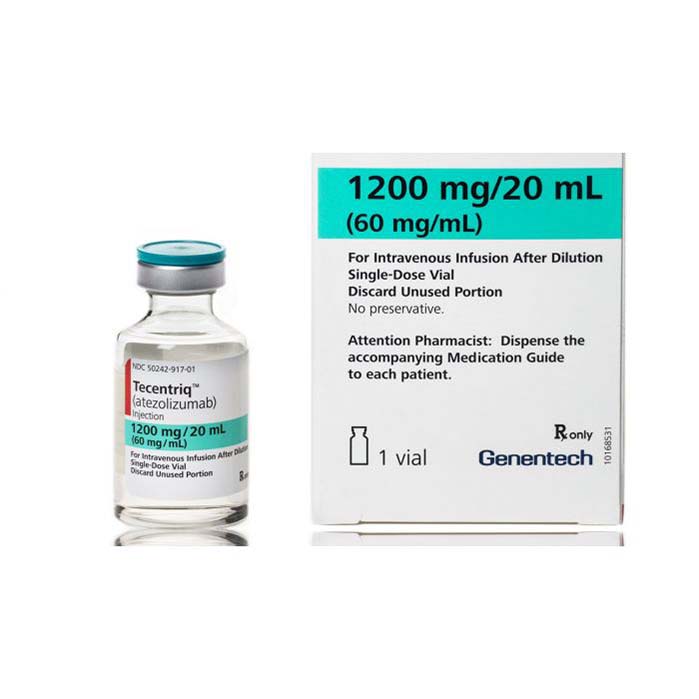
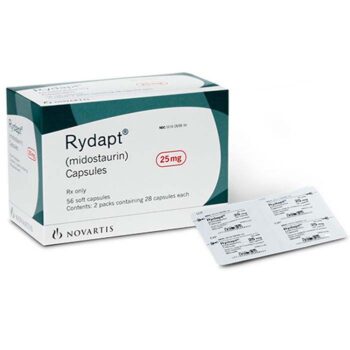

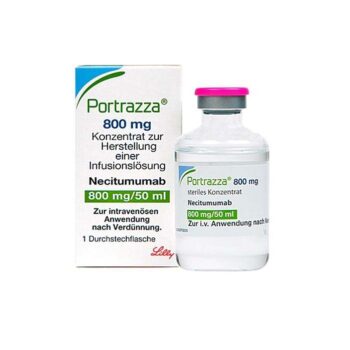
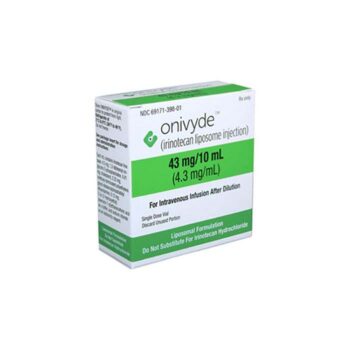

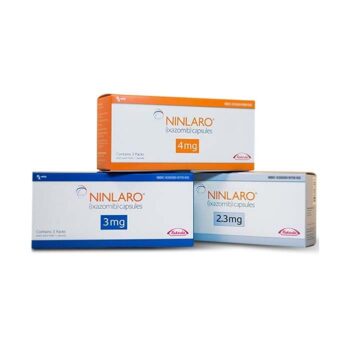
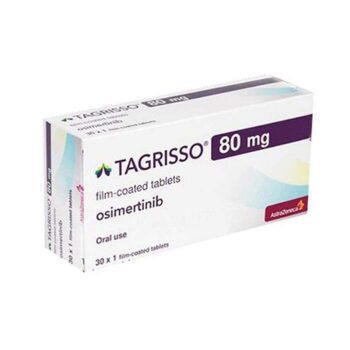


Reviews
There are no reviews yet.